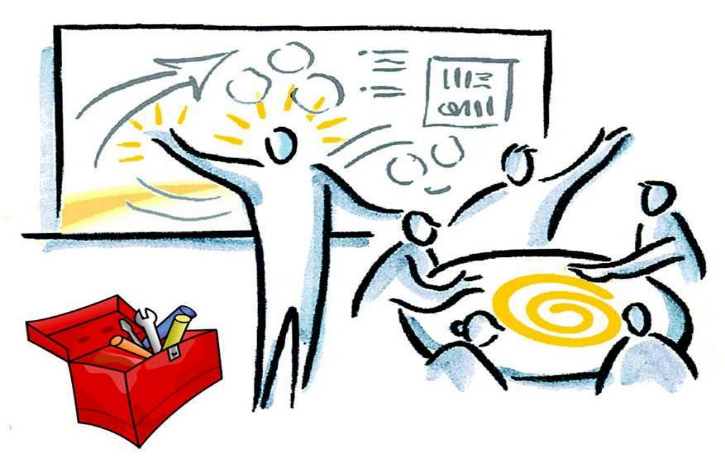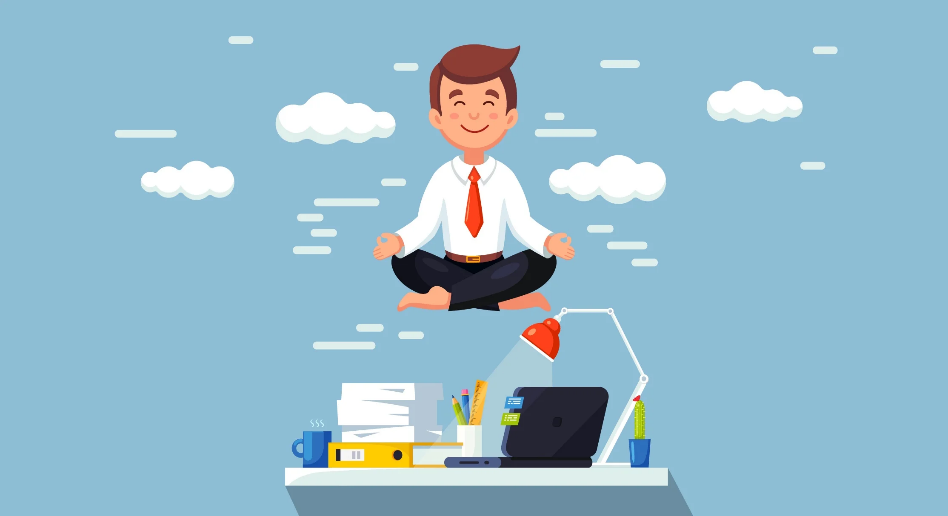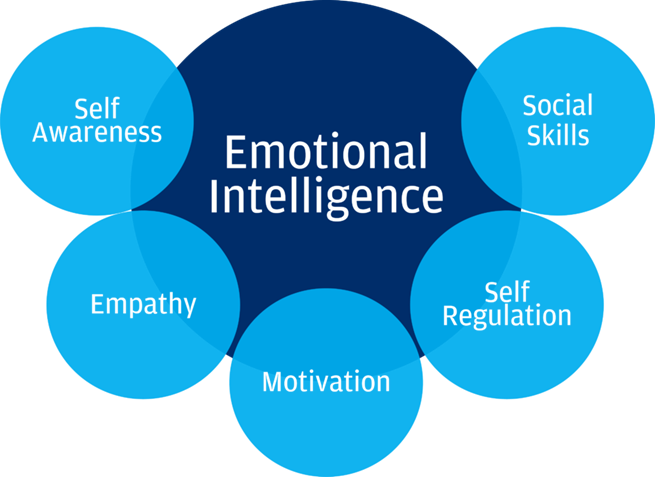October 25th 2022
Wellbeing and Facilitation - what’s the connection?
As a member of the International Association of Facilitators, I connect with and learn from facilitators across the globe. There are always new methods, competencies and schools of thought, but the fundamental strengths of good facilitation guide me in day-to-day interactions with others:
- Bringing people together with a focus on outcomes and in a safe space for sharing and learning
- Creating opportunities for inclusivity and listening to all views in a respectful way
- Celebrating the different ideas and being flexible and open to change
- Being open to challenge and shifting your own perspectives
- Bringing positive energy and supporting storytelling in the room

When The Wellbeing Pathway is invited to facilitate, there’s often a blockage or a barrier
existing in an organisation. Sometimes this is around changes in working practices, lack of
leadership, the impact of poor performance on a team, uncertainty around how to talk about
mental health and wellbeing. At other times there’s an opportunity, a strong foundation, to
affect positive change, improve productivity and build better teams.
For me, it all starts with connection, with ourselves and with others. That’s why I am
passionate about creating cultures of wellbeing and facilitating the conversations that will
improve health and wellbeing outcomes for all. For me, wellbeing is underpinned by visible
values and behaviours.
Not everyone agrees!
A few weeks ago, I had my first post-Covid heckler. I had been invited to speak at an event with
a group of organisational managers to explore the challenges and opportunities around leading on
workplace wellbeing and looking after yourself. As usual, I arrived in good time, had my
slide-deck agreed with the event organiser beforehand and I was excited to share my learning and
experiences and invite those attending to do the same.
It felt like one of the attendees was at the wrong event! I wasn’t advocating that we all ripped
up the to-do list and meditate all day (although selfcare practices are an essential part of
effective and authentic leadership) but I did want to facilitate conversations around softer
skills and relationship building.

Throughout my presentation, this person interrupted, disagreed, eye rolled, phone scrolled and
generally tried to talk over others in the room. It was a challenging session but one where my
sense of wellbeing and my selfcare practices supported my ability to facilitate well and achieve
the event outcomes.
The feedback from the session was really positive, and I reflected afterwards on the learning
opportunity and what I would do differently in future. Emotional Intelligence as part of my
facilitation skillset was a powerful tool to enable me to commit to the process, support others
in the room and recognise what I could and couldn’t influence.

So, what worked in that session?
Setting the agreement
Like I do in any facilitated session, I shared a slide that talked about our safe space, respect, trust, timings and signposting to professional advice where needed. I was able to refer back to this during the session, invite others to share their perspectives and ensure that everyone knew they were being listened to.
Being grounded
As I felt under pressure and knew my stress levels could rise, I practiced a quick grounding exercise, feeling my feet on the floor, slowing my breath and allowing my shoulders and facial muscles to relax. This helped me to gain some control and lean into the process, accepting it for what it was.
Gratitude
I gave thanks for good preparation, knowledge and the support in the room. I used the expertise and input of an ally by keeping eye contact, feeling their reassurance and inviting them to contribute where I knew they could add value in the process. I was also grateful that others in the room became increasingly aware of the individual’s behaviour, yet they trusted me to facilitate and keep focused on the session outcomes.
Emotions
I recognised the emotions that I was experiencing, noticing them but letting go of what I couldn’t control. I also recognised the emotions from the individual and had a gut feeling that things weren’t fully as they seemed. There were times during the conversations that others shared the emotional impact of working through and beyond the pandemic and I held the safe space for those emotions, bringing people back to the evidence base, the importance of selfcare and sharing practical tips and techniques that people could take away.
Celebrate
I recognised the achievements of those in the room, celebrating the learning, the success stories and the willingness that people had come along to improve their knowledge and skills and to support others.
A number of people who attended the session made contact with me afterwards and although they gave lovely comments about my approach and style, the most positive takeaway for me was that people felt supported in the room and that the session outcomes were achieved. Managing emotions in facilitation is always going to be a challenge. As a facilitator, if your sense of wellbeing is strong, you will have a great set of tools and skills to bring and share.
“Every meeting or process that is facilitated has an impact on the individuals and the groups of which they are a part. Good facilitation can change the way people think and act, and ultimately support them to positively change the world around them”. iaf-world.org
Catherine Murnin
The Wellbeing Pathway Founder
